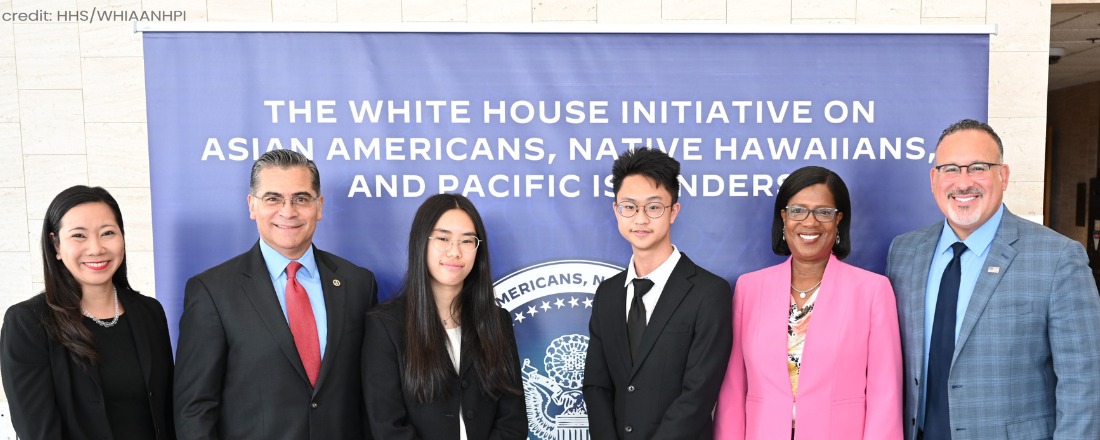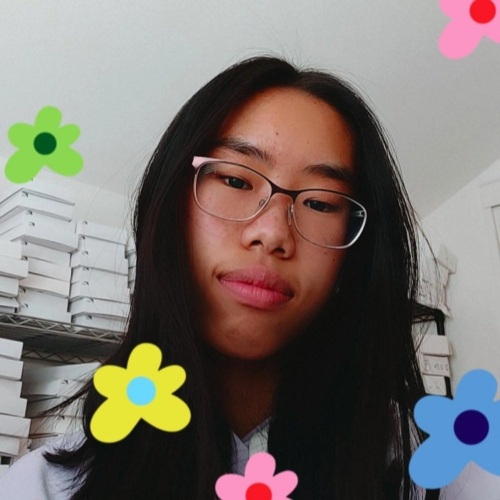
In the News
Advocates Share Personal Experiences and Challenges with Mental Health Care in AANHPI Communities at White House Summit
- Northwest Asian Weekly
-
Focus Areas
Healthy Communities -
Issues
Mental Health -
Expertise
Media Advocacy & Communications, Public Policy Advocacy -
Programs
Health Intervention Projects for Underserved Populations

“On July 20, the inaugural Asian American, Native Hawaiian, and Pacific Islander (AANHPI) Mental Health Summit was hosted in-person in Washington, D.C. by the Biden-Harris administration. In a day of multiple sessions, keynote speakers, lunch, and a fireside chat, directors, founders, and chief executive officers talked about the improvement, or bright-future improvement, of mental health services for people of color. Others boldly asserted that current offerings such as the 988 hotline, heralded as groundbreaking and life changing, weren’t working at all.
“Our summit is focused on improving equity and access to behavioral healthcare for our diverse Asian American, Native Hawaiian, and Pacific Islander communities,” said Krystal Ka’ai, executive director of the White House Initiative on Asian Americans, Native Hawaiians, and Pacific Islanders, one of the summit hosts.
There was excitement in the room that the Biden-Harris administration recognizes a need for attention on AANHPI mental health and is offering more funding than usual to back this up, such as the initiative within the Department of Education to increase the number of school-based mental health providers by 14,000. The bipartisan Safer Communities Act provides students with mental health support.
The presenters read alarming data from the most recent surveys, such as almost 20% of AANHPIs reported mental illness in 2021 and that suicide was the leading cause of death among Asian American and Pacific Islanders aged 10 to 19. They talked about how this worsened during the pandemic. Ka’ai stated that, in addition to health, educational, and economic impacts, “Many Asian Americans also faced a pandemic of hate. These dual crises had a significant impact on the mental health…of our communities and…underscored how critical it is to provide access to culturally and linguistically appropriate community-based behavioral healthcare.”
Everyone couldn’t have agreed more. Attendees in the audience and at the podium bemoaned the white majority in the mental health industry and asked for better representation and greater use of appropriate cultural care. Representatives from around the country were invited to talk about what they were doing at their local level.
The most moving part of the day was listening to personal experiences of neglect and fear.
“‘Keep quiet and don’t cause any trouble,’ is a message that’s been passed down through my family for generations,” said Jessica Louie, an advocacy intern at the Public Health Institute in Oakland, California. “I eventually realized that nothing would ever come out of keeping quiet.”
Like other AANHPI students at the summit, and around the country, Louie experienced racist bullying in school, which flared during the pandemic.
“My peers would go around asking Asian students if they had COVID, or if they ate bats. My friends told stories of being yelled at on the streets to go back to their country and blaming them for bringing the virus to the United States.”
Louie’s lived experience highlighted the reason everyone was there.

Seeing discrimination and racism at a young age has affected the mental health of Asian youth across the country. Asian youth aren’t very likely to reach out for support due to the stigma surrounding mental health in the Asian community. This is why culturally appropriate care is so important.Jessica Louie
Youth Advocate Intern, Lotus Project, Public Health Institute
To read the full story, click on the link below.
Originally published by Northwest Asian Weekly
More Updates
Work With Us
You change the world. We do the rest. Explore fiscal sponsorship at PHI.
Support Us
Together, we can accelerate our response to public health’s most critical issues.
Find Employment
Begin your career at the Public Health Institute.



